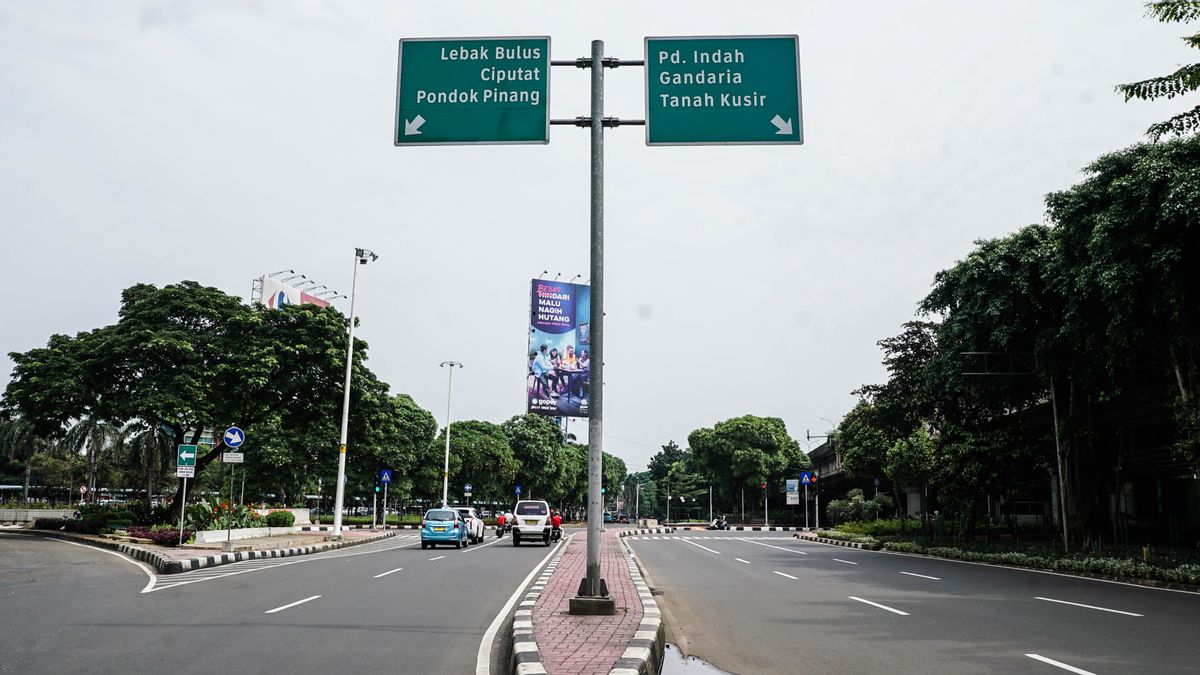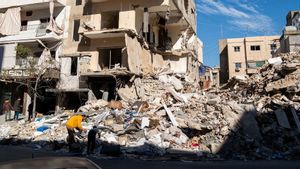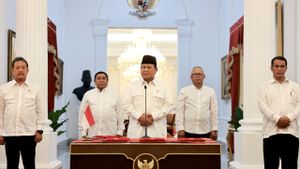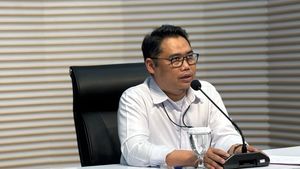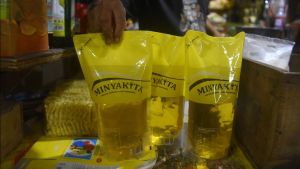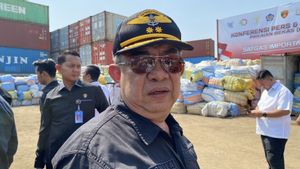JAKARTA - The COVID-19 pandemic has brought the domestic economy to a halt. The easing of the Large-Scale Social Restrictions (PSBB) period in several regions in Indonesia has apparently not been able to move the national economy in the midst of a crisis due to the pandemic.
Deputy Minister of Finance Suahasil Nazara admitted that the Indonesian economy has not moved as in the previous year, even though the PSBB has been relaxed by the government.
According to Suahasil, the impact of the COVID-19 pandemic on the national economy is profound. Therefore, these impacts must be resolved immediately.
Suahasil explained that the government also continues to be aware of the development of COVID-19 in the country. Moreover, several countries that have opened economic trade are currently experiencing the second wave of the spread of the virus.
"Now we have just passed July, even now in August (now) we still feel that economic activity has not moved like last year," he said, in a virtual discussion, Thursday, August 6.
According to Suahasil, handling a pandemic is very challenging. The reason is, this pandemic is not an activity that occurs every year. In fact, a similar incident had occurred hundreds of years ago.
The former Head of the Fiscal Policy Agency (BKF) hopes that information and documentation management (PPID) officials in all ministries / agencies (K / L) can do their job well, namely managing all information from policies to decisions made in handling COVID-19 19.
Furthermore, Suahasil explained, this information management will be an important note for a country if it faces similar incidents in the future.
"What is done as a PPID is to create good governance, create trust in government policies and create social welfare," he explained.
Suahasil said that the national economic recovery program (PEN) is an important key to be able to move the Indonesian economy back. Through PEN, the government has prepared a budget to support the Indonesian people at large.
"The state must carry out a set of activities (spending) to protect the Indonesian people from the health side, protect from the social economy side, protect the poorest and most vulnerable people, protect the business world from the small ones, from the big ones," he said.
The English, Chinese, Japanese, Arabic, and French versions are automatically generated by the AI. So there may still be inaccuracies in translating, please always see Indonesian as our main language. (system supported by DigitalSiber.id)
